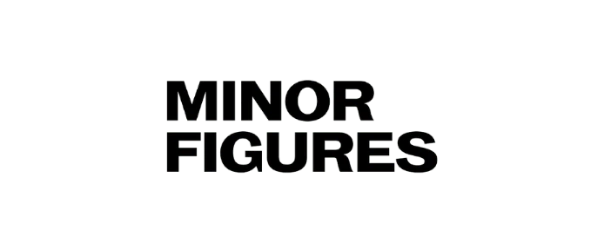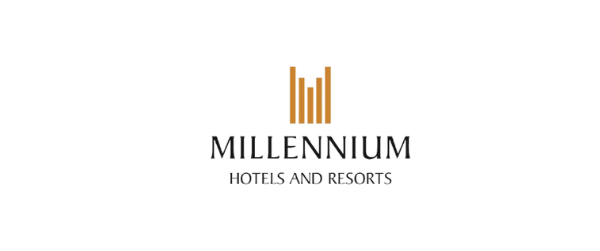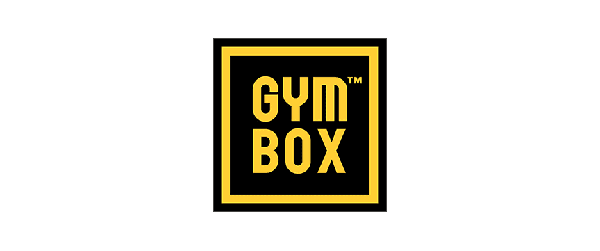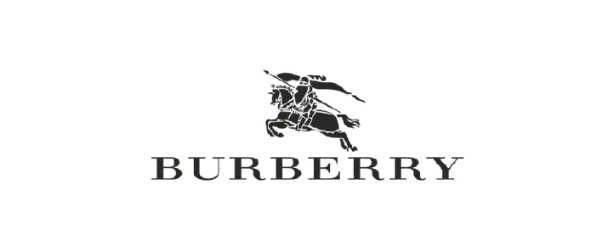Leadership and Managing Remotely Through Times of Change
As we enter our third lockdown and as businesses continue to work remotely, we recap and reflect on the helpful advice and information Antonia Smith previously shared with us on leadership and managing remotely.
Antonia has worked as a Finance Director and Managing Director for both large and small organisations for 20 years, mainly within the retail and hospitality industries. A few years ago, she decided to combine her love for strategy, people and business and qualified as a leadership coach. She now coaches both on a group and 1 to 1 basis.
We have summarised what Antonia had to say on how to lead and manage your team remotely and what you can do to improve motivation amongst your team.
1. How have you seen businesses tailor their approach to leading and managing remotely?
Team meetings are one of the key things that have changed significantly since the first lockdown. In the first few month’s people were in crisis management. They were gathering very frequently for virtual meetings, trying to reduce damage limitation and plan. Over time, the extent of those crisis meetings has reduced, and people are replacing these with more one to ones.
There are so many benefits to people having those individual meetings and recognising that it allows people to really share the things that they are struggling with. It allows the quieter people to speak and it engages and builds those individual relationships. The need for one to ones is even more imperative in this remote world. It is important that businesses continue to invest time in meeting employees individually.
2. What are the challenges businesses have faced while managing staff remotely? What have they done to overcome these?
New Team Members
Embedding new team members in the business has been a key challenge for many. Helping new employees understand the culture of the business has needed more attention than it does in an office environment. Getting to know the culture of the business is something you need to live, which is something that is hard to touch and feel remotely. Therefore, it has been a lot more challenging to integrate new employees. Businesses have had to invest more time and energy in explaining the culture rather than living it and have had to make a conscious effort to build relationships on a one-to-one basis.
Training Teams
A lot of learning in the workplace is observational (particularly for more junior employees). People often learn by taking in what’s going on around them and learning from more senior people. Businesses have had to invest in more online training and accept that softer skills now need to be trained, rather than being taught naturally through observation. Companies have consciously shifted to focusing on people’s softer skills rather than just the harder skills and more technical skills that they’ve previously focused on.
3.What techniques can you use as a leader to improve motivation?
Understanding intrinsic vs extrinsic motivations
When it comes to motivating people, it is important to understand extrinsic vs intrinsic motivations. The extrinsic elements of people being motivated could be through financial or tangible rewards. The intrinsic motivations are how we truly turn up in ourselves and what gets us out of bed every morning. During the coronavirus crisis, people have gone right down to the bottom of Maslow’s Hierarchy of Needs. They have been focusing purely on safety and asking themselves questions such as, “How do I survive all of this financially?”, “Do I still have a job?”, “Do I still have a home?”, “How do I feed my family?”
As a leader, it is really important to try and understand each individual’s level of needs right now. By doing that you are then able to tap into that individuals’ motivational levels and know what you can do to boost them. The pandemic is affecting people in very different ways. It’s really important to therefore check in with each individual and understand where they are and then really ask them, how you can help and support them. Take time to be open with them and vulnerable in yourself. That’s key in building those relationships because we are all in this together, albeit in different places.
Be honest and clear
From an organisational point of view, honesty is key. Be clear about where your business is at in terms of your positioning with the pandemic. Be honest about the steps you are taking and encourage people to come up with ideas and be involved in some of the decision making. That will boost people’s motivational levels and enables clarity of goals as well as helping you as a leader understand how to move the business forward.
Whilst it has been nearly a year since we transitioned to working from home, new challenges consistently arise. We hope these tips will help you lead and manage your team throughout the continued challenging working environment. For more of Antonia’s tips on leadership and managing remotely, take a look at the full webinar.
If you have any additional questions relating to Leadership and Managing remotely or want to engage with Antonia directly, please do not hesitate to get in touch.
Follow us on LinkedIn for the latest jobs and industry insights



















































